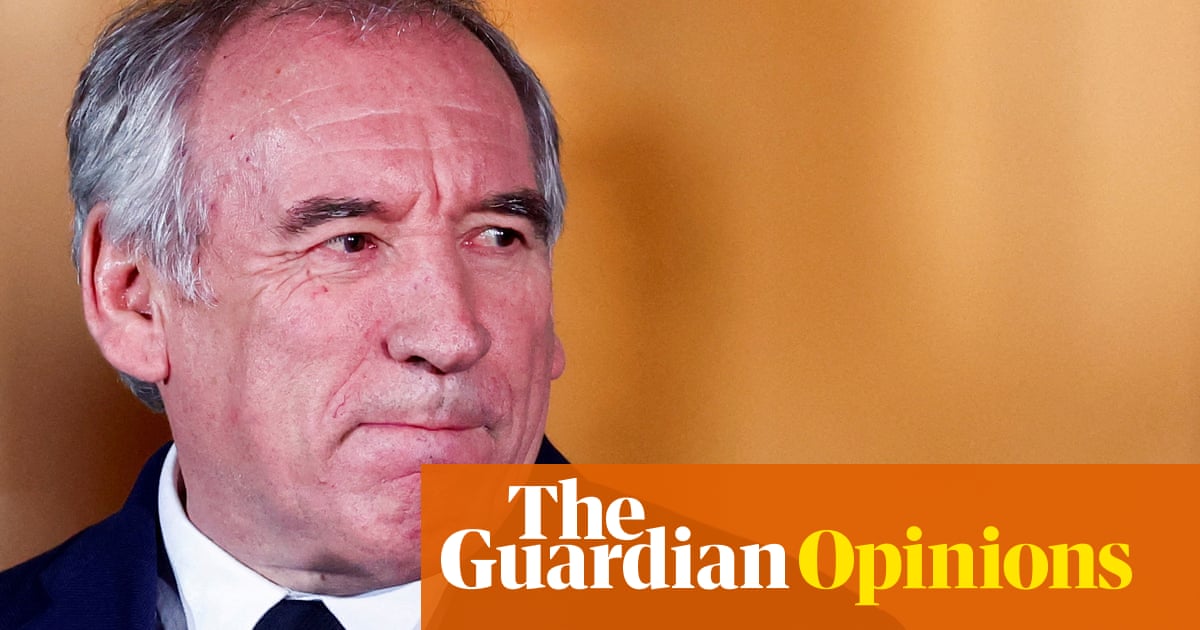Can François Bayrou unite France’s moderates? Marine Le Pen looms if he fails

France’s Political Crisis: François Bayrou Takes Charge
France is facing a significant political and financial crisis. The appointment of François Bayrou as the new Prime Minister marks a pivotal moment in the country’s turbulent political landscape. Bayrou, a seasoned centrist politician, returns to a position of power at a time when President Emmanuel Macron’s government is struggling to maintain stability. This article explores the implications of Bayrou’s appointment and the challenges that lie ahead for his administration.
A Return to Familiar Faces
François Bayrou’s appointment as Prime Minister is reminiscent of a bygone era in French politics. At 73 years old, he has a long history in the political arena, having served as Minister of Education when Macron was still a schoolboy. His relationship with Macron dates back to 2017, when he was a crucial ally in the president’s rise to power. However, the political landscape has changed dramatically since then. Macron’s vision of a new political order, free from the traditional left-right divide, has been challenged by recent events.
Bayrou’s appointment comes after the fall of Michel Barnier’s government, which struggled to navigate a parliamentary deadlock. The situation has left France without a budget and facing scrutiny from credit rating agencies due to its mounting debt and chronic deficit. Moody’s downgraded France’s sovereign rating on the very day Bayrou took office. This backdrop of financial pressure and public discontent raises questions about whether Bayrou can succeed where Barnier failed. His ability to forge alliances with both the centre-left Socialist Party and the conservative Republicans will be crucial in stabilizing his government and addressing the pressing issues facing the nation.
The Challenge of Political Consensus
Bayrou’s task is daunting. He must navigate a complex political landscape marked by divisions and competing interests. The recent alliance between Marine Le Pen’s National Rally and the left-wing New Popular Front has further complicated matters. This coalition successfully brought down Barnier’s government, highlighting the fragility of Macron’s administration. Bayrou’s challenge is to build a consensus that can withstand the pressures from both the right and the left.
The Socialist Party, under the leadership of Olivier Faure, is at a crossroads. Many party members are uncomfortable with aligning with the extremes, and Faure has indicated a willingness to engage in constructive talks with Macron. This shift could provide Bayrou with a crucial opportunity to secure support from the left. Additionally, the Greens have expressed openness to collaboration, provided that Bayrou respects certain conditions, such as refraining from using constitutional measures to bypass parliamentary votes.
Bayrou’s political acumen will be tested as he seeks to create a government that reflects a broader spectrum of French society. He has already signaled a commitment to restoring meritocracy and addressing the disconnect between France’s elites and ordinary citizens. However, achieving this vision will require navigating the delicate balance of power among various political factions while addressing the pressing economic challenges facing the nation.
JONATHAN MILLER: Why Marine Le Pen is heading for the presidency… or prison
The Road Ahead: Economic and Political Stability
The economic landscape in France is fraught with challenges. The country has one of the highest tax burdens in the European Union, and public spending is a significant concern. Bayrou’s government must find a way to curb the budget deficit while implementing reforms that resonate with the public. His proposal to introduce proportional representation in legislative elections could be a step toward fostering a more collaborative political environment. This change would align France with many other European democracies, where coalition governments are the norm.
However, such reforms come with risks. A shift to proportional representation could lead to a weaker executive, making it more challenging for the government to implement decisive policies. Bayrou’s ability to build a minimal consensus among parties from the centre-right to the centre-left will be crucial. Without a united front, the political instability that has plagued France may only worsen, potentially paving the way for Le Pen’s rise to power.
As Bayrou himself acknowledged, he faces a “Himalayan” task ahead. The success of his administration will depend on his ability to navigate the complexities of French politics while addressing the economic realities facing the nation. The coming months will be critical in determining whether Bayrou can restore stability and confidence in the French government or if the country will continue to grapple with its political and financial crises.
